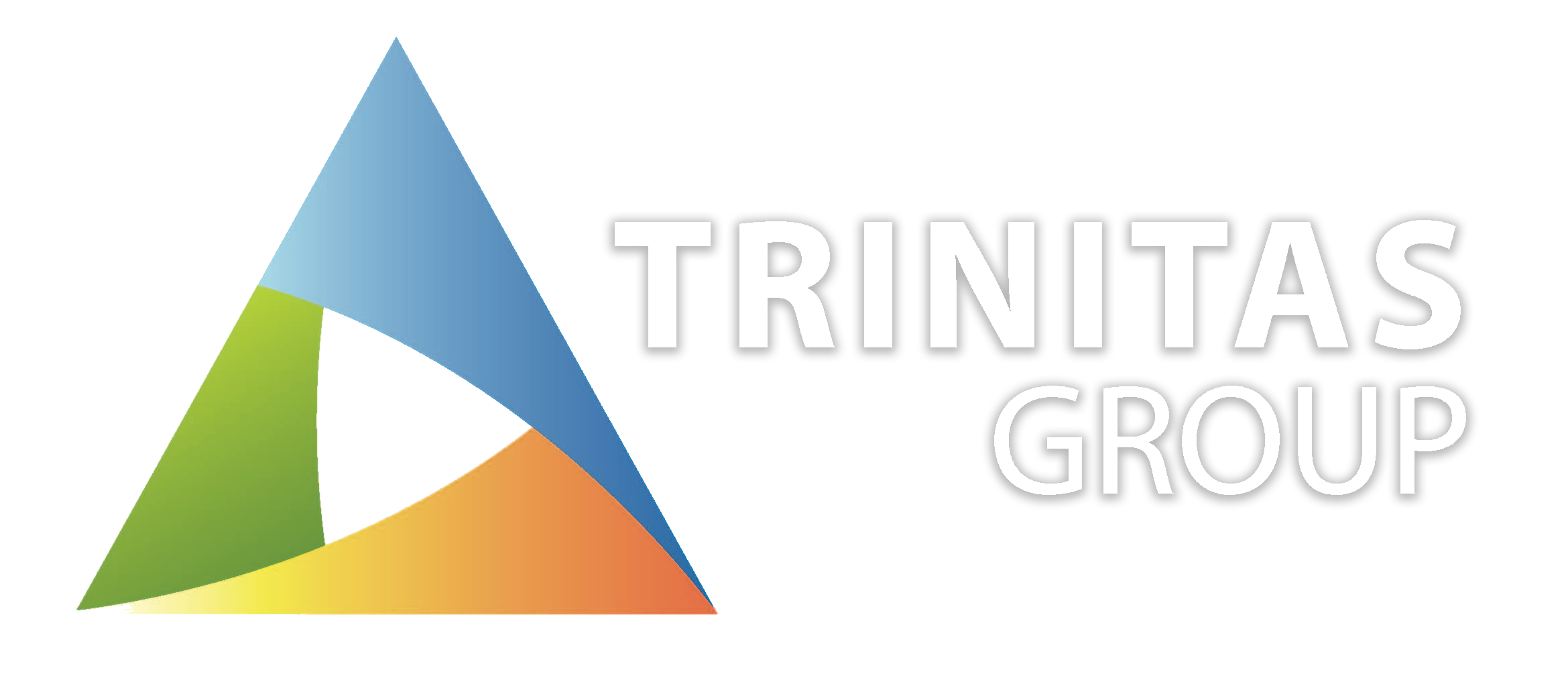One factor about the global pandemic crisis remains consistent across all areas of society: confusion. There is a mass of mixed messaging with health authorities calling on the public to only trust information from government or health bodies such as the AMA or WHO.
However, workers are understandably caught up in the confusion – particularly when the government tells them to stay home but employers ask them to come to work. Fear of losing work or being stood down is a motivating factor for many employees to continue going to work.
According to WorkSafe Victoria, employers are obligated to”provide and maintain a working environment that is safe and without risks to the health of employees and independent contractors”.
“Victorian employers must continue to do everything they can to protect the health and safety of their workers,” the spokesperson said.
“This includes managing risks associated with coronavirus.”
WorkSafe Victoria confirmed that it had conducted 347 coronavirus-specific workplace visits, issuing 11 compliance notices to businesses not meeting physical distancing protocols, and hygiene-related issues.
However, as we discussed on Friday, some workplaces are finding the situation more difficult to navigate than others – construction and trades workers are struggling to continue to work under the new guidelines.
Tim Kennedy of the United Workers Union – self-described as the largest blue-collar workers union in Australia – has said that WorkSafe’s site visits and hotline are not enough. He believes workers should contact their unions if they feel unsafe regarding their working conditions.
“If [a workplace] is not corona-safe, our recommendation is [employees] should not be at work,” Mr Kennedy said.
“It’s a danger not only to themselves, but it’s a danger to the community.
“You’ve heard Premier Daniel Andrews say right now in this health crisis we need to have physical separation, we need to do these sensible things, and if there’s a concern about it, then workers should isolate themselves and should not turn up for work — and we need to sit down with the company and make sure [the employees] are not disadvantaged by that.”




